In recent years, the world of cannabis and hemp has seen a surge of interest in various cannabinoids beyond the well-known THC and CBD. One such compound that’s been gaining attention is THCa. What exactly is THCa, and how does it differ from THC? How is it consumed, and what are its effects and legal status? In this comprehensive guide, we’ll answer all your burning questions about THCa.
What is THCa?
THCa, or tetrahydrocannabinolic acid, is a precursor to THC (tetrahydrocannabinol), the psychoactive compound found in cannabis. THCa is abundant in raw, unheated cannabis plants and is non-intoxicating in its raw form. It’s only when heat is applied—through methods like smoking, vaping, or cooking—that THCa converts into THC, producing the well-known psychoactive effects.
Discovery and Origins of THCa
The journey to unraveling the mysteries of cannabis and its myriad compounds, including THCa (Tetrahydrocannabinolic Acid), began in the 1960s with pioneering research conducted by Israeli chemist Raphael Mechoulam and his team. Their groundbreaking work not only led to the isolation and identification of THC (Tetrahydrocannabinol), the primary psychoactive compound in cannabis, but also shed light on THCa’s existence and significance.
Mechoulam’s quest for understanding cannabis led him to focus on isolating its active compounds. In 1964, his team achieved a major breakthrough by successfully isolating and synthesizing THC, marking the first time this psychoactive cannabinoid had been identified in pure form source.
Recognizing that THC exists in cannabis primarily as its precursor, THCa, Mechoulam, and his colleagues turned their attention to this acidic cannabinoid. By meticulously extracting and analyzing cannabis samples, they confirmed the presence of THCa and elucidated its chemical structure, paving the way for a deeper understanding of cannabis’s pharmacological properties.
THCa’s discovery challenged prevailing assumptions about cannabis’s psychoactive effects. Unlike THC, which induces intoxication when activated through decarboxylation (heating), THCa remained non-intoxicating in its raw, unheated form. This revelation not only expanded scientists’ understanding of cannabis’s chemical complexity but also opened new avenues for exploring its therapeutic potential.
THCa vs. Delta 9 THC

Understanding the distinction between THCa and THC is crucial for comprehending the plant’s effects, consumption methods, and potential benefits. While both compounds are closely related, they exhibit distinct characteristics that influence their roles in cannabis consumption. Let’s delve deeper into the differences between THCa and THC.
Chemical Composition
- THCa: THCa is the acidic precursor to THC found in raw cannabis plants. Its molecular structure lacks the psychoactive properties associated with THC, rendering it non-intoxicating in its natural form. THCa is abundant in fresh cannabis buds and undergoes decarboxylation—conversion into THC—when exposed to heat through methods like smoking, vaping, or cooking.
- THC: THC is the primary psychoactive compound in cannabis responsible for the “high” or euphoria commonly associated with marijuana use. It is formed from THCa through decarboxylation, a process that removes a carboxyl group from THCa, converting it into THC. This conversion occurs when cannabis is heated, releasing the psychoactive effects.
Psychoactive Properties
- THCa: In its raw, unheated form, THCa does not induce psychoactive effects. Therefore, consuming raw cannabis or THCa-rich products does not produce the intoxicating sensations typically associated with THC consumption. Instead, THCa offers potential therapeutic benefits without altering consciousness.
- THC: Upon decarboxylation, THC becomes psychoactive, eliciting various effects on mood, perception, and cognition. The activation of cannabinoid receptors in the brain and body leads to the characteristic euphoria, relaxation, altered perception of time, and heightened sensory experiences associated with THC consumption.
Therapeutic Potential
- THCa: Research on THCa’s therapeutic potential is still in its infancy, but preliminary studies suggest promising benefits, including anti-inflammatory, neuroprotective, and anti-cancer properties. THCa may also offer relief from nausea, stimulate appetite, and potentially aid in managing various health conditions without inducing intoxication.
- THC: THC’s therapeutic effects are well-documented and include pain relief, muscle relaxation, appetite stimulation (the “munchies”), and management of symptoms associated with medical conditions such as chronic pain, multiple sclerosis, and chemotherapy-induced nausea and vomiting.
While THCa and THC share a common origin in cannabis, their distinct properties and effects offer unique opportunities for consumption and therapeutic applications. Understanding the differences between THCa and THC empowers consumers to make informed choices about cannabis products that align with their preferences and wellness goals. As research into cannabinoids continues to evolve, so too will our understanding of their potential benefits and implications for human health and well-being.
Effects and Benefits of Consuming THCa
While research on THCa is still in its early stages, some potential benefits have been suggested, including:
- Anti-inflammatory properties
- Neuroprotective effects
- Potential anti-cancer properties
- Nausea relief
- Appetite stimulation
These benefits are supported by preliminary studies and anecdotal evidence. For more information on the potential therapeutic benefits of THCa, refer to this source from the National Library of Medicine.
Does THCa Show Up on a Drug Test?
Standard drug tests typically do not specifically target THCa. Instead, they usually screen for the presence of THC metabolites, such as THC-COOH, in urine, blood, or saliva samples. However, specialized drug tests, such as those used in forensic or workplace settings, may be capable of detecting THCa or its metabolites.
It’s essential to note that the specific substances targeted by a drug test can vary depending on the testing method and the substances of interest to the testing entity. Therefore, individuals subject to drug testing should be aware of the testing protocol being used and any substances they have consumed that may be detected.
If you have concerns about THCa or other cannabinoids showing up on a drug test, it’s advisable to consult with a healthcare professional or legal expert familiar with drug testing procedures in your jurisdiction.
Legal Status of THCa in the US
The legal status of THCa varies across the United States. As of 2024, cannabis laws are rapidly evolving, with many states legalizing cannabis for medical and/or recreational use. However, it’s essential to research and understand the specific laws and regulations in your state regarding THCa and cannabis products. While most states allow the legal purchase of THCa under the Farm Bill of 2018, there are some states with restrictions on the cannabinoid.
Consumption Methods
THCa isolate offers a versatile way to experience the potential benefits of THCa without the psychoactive effects of THC. Here are several common ways to consume THCa isolate:
Sublingual Administration

Incorporation into Foods and Beverages

Capsules and Pills

Vaporization

Dabbing

Topical Application

When consuming THCa isolate, it’s essential to start with a low dose and gradually increase as needed to achieve the desired effects. Additionally, consult with a healthcare professional or knowledgeable budtender for personalized guidance on dosage and consumption methods based on your individual needs and preferences.
Forms of THCa
In 2024, you can find many different THCa products available to purchase. Some of the more popular forms of THCa for consumers include:
THCa Isolate

THCa Badder

THCa Diamonds

THCa Live Resin

THCa Gummies

THCa Vapes

Each form of THCa product offers unique characteristics in terms of potency, purity, flavor, and consumption method. When choosing a THCa product, consider factors such as your preferred method of consumption, desired potency, and any specific effects or flavors you’re seeking. Additionally, always purchase THCa products from reputable dispensaries or licensed manufacturers to ensure quality and safety.
Where to Buy THCa in the US
THCa products can be found online or in dispensaries through out the country, however, Vivimu.com, the site you are currently reading this article on, has the highest quality and most diverse range of THCa products online that can be delivered to your door in as little as 48 hrs. Check out our full array of THCa products here.
THCa represents an exciting frontier in cannabis research and consumption. As our understanding of this compound grows, so too will its potential applications in medicine, wellness, and beyond. Whether you’re intrigued by its therapeutic potential or simply curious about exploring new facets of cannabis, THCa offers a fascinating journey into the world of cannabinoids.

Kevin O'Connor
Kevin is the Director of E-Commerce at Vivimu.com. He writes extensively on minor cannabinoids and trends within the hemp and cannabis industry.








